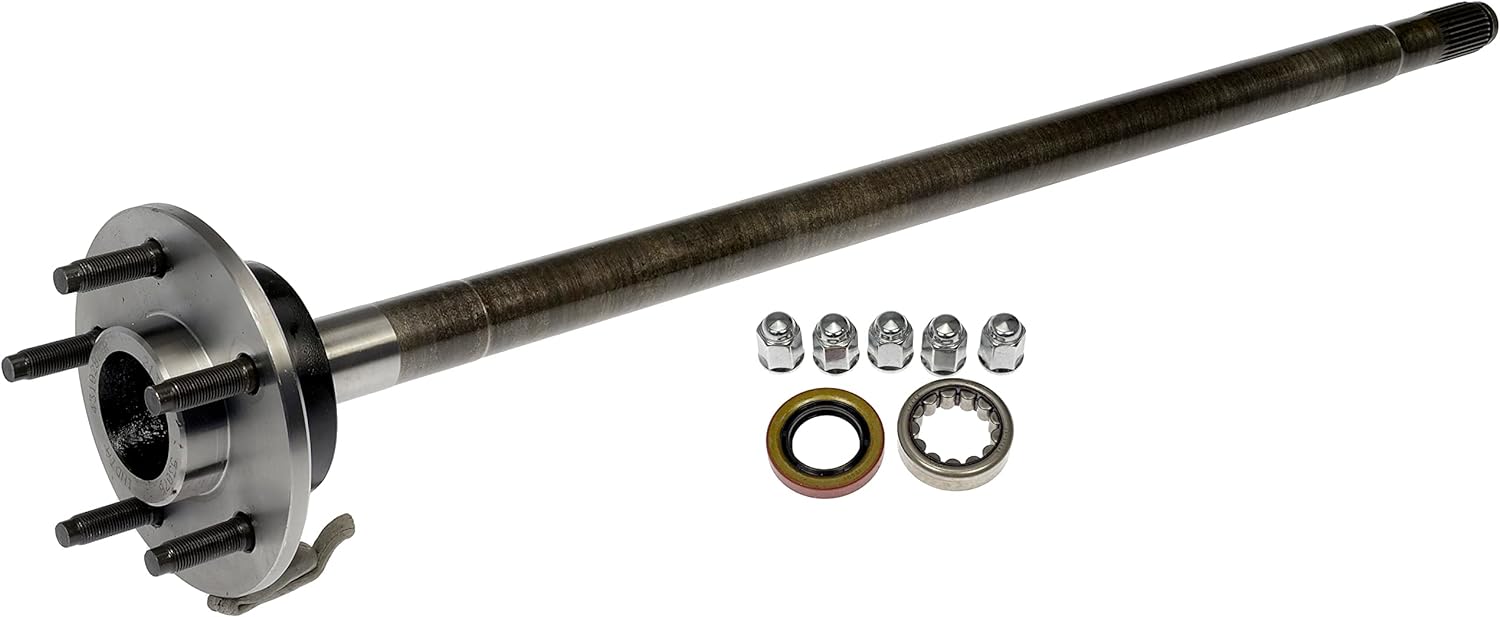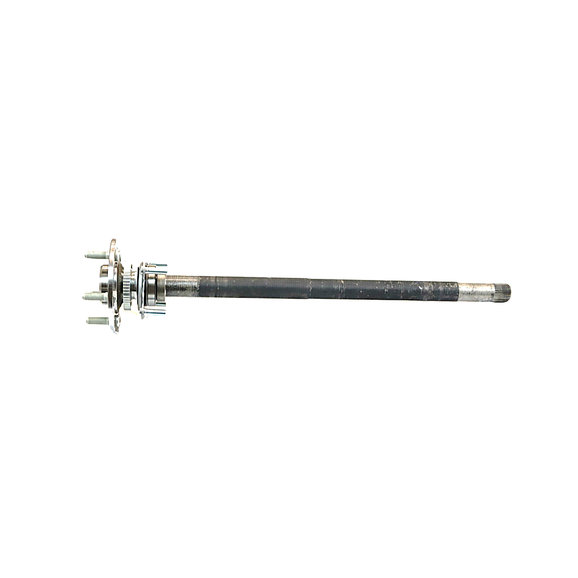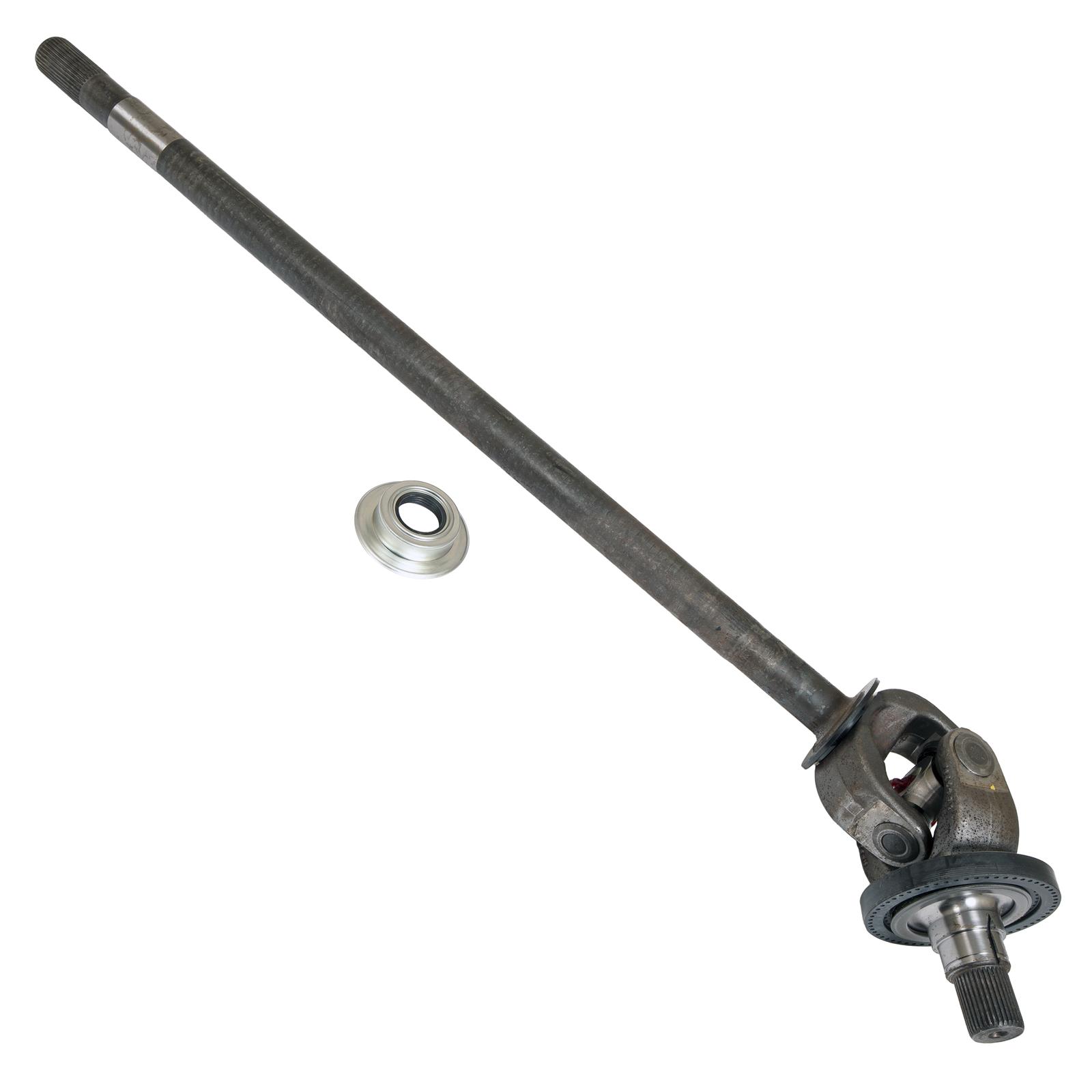Product Description
Product Description
| Business type | Factory/manufacturer |
|
Service |
CNC machining |
| Turning and milling | |
| CNC turning | |
| OEM parts | |
|
Material |
(1) Aluminum:AL 6061-T6,6063,7075-T |
| (2)Stainless steel:303,304,316L,17-4(SUS630) | |
| (3)Steel:4140,Q235,Q345B,20#,45# | |
| (4)Titanium:TA1,TA2/GR2,TA4/GR5,TC4,TC18 | |
| (5)Brass:C36000(HPb62),C37700(HPb59),C26800(H68) | |
| (6)Copper, bronze, magnesium alloy, Delan, POM, acrylic, PC, etc. | |
| Service | OEM/ODM avaliable |
|
Finish |
Sandblasting, anodizing, Blackenning, zinc/Nickl plating, Poland |
| Powder coating, passivation PVD plating titanium, electrogalvanization | |
| Chrome plating, electrophoresis, QPQ | |
| Electrochemical polishing, chrome plating, knurling, laser etching Logo | |
| Major equipment | CNC machining center (milling machine), CNC lathe, grinding machine |
| Cylindrical grinding machine, drilling machine, laser cutting machine | |
| Graphic format | STEP, STP, GIS, CAD, PDF, DWG, DXF and other samples |
| Tolerance | +/-0.003mm |
| Surface roughness | Ra0.1~3.2 |
| Inspection | Complete testing laboratory with micrometer, optical comparator, caliper vernier, CMM |
| Depth caliper vernier, universal protractor, clock gauge, internal Celsius gauge |
Detailed Photos
Product Parameters
| MATERIAL AVAILABLE | |||||
| Aluminum | Stainless Steel | Brass | Copper | Plastic | Iron |
| AL2571 | SS201 | C22000 | C15710 | POM | Q235 |
| ALA380 | SS301 | C24000 | C11000 | PEEK | Q345B |
| AL5052 | SS303 | C26000 | C12000 | PVC | 1214 / 1215 |
| AL6061 | SS304 | C28000 | C12200 | ABS | 45# |
| AL6063 | SS316 | C35600 | etc. | Nylon | 20# |
| AL6082 | SS416 | C36000 | PP | 4140 / 4130 | |
| AL7075 | etc. | C37000 | Delrin | 12L14 | |
| etc. | etc. | etc. | etc. | ||
| SURFACE TREATMENT | |||||
| Aluminum Parts | Stainless Steel Parts | Steel Parts | Brass Parts | ||
| Clear Anodized | Polishing | Zinc Plating | Nickel Plating | ||
| Color Anodized | Passivating | Oxide black | chrome plating | ||
| Sandblast Anodized | Sandblasting | Nickel Plating | Electrophoresis black | ||
| Chemical Film | Laser engraving | Powder Coated | Powder coated | ||
| Brushing | Electrophoresis black | Heat treatment | Gold plating | ||
| Polishing | Oxide black | Chrome Plating | etc. | ||
| Chroming | etc | etc | |||
| etc | |||||
| TOLERANCE | |||||
| The smallest tolerance can reach +/-0.001mm or as per drawing request. | |||||
| DRAWING FORMAT | |||||
| PFD | Step | Igs | CAD | Solid | etc |
Packaging & Shipping
Company Profile
HangZhou Shinemotor Co.,Ltd located in HangZhou City, ZheJiang Province of China.
Mainly specializes in developing, manufacturing and selling all kinds of customized metal and plastic parts.
Our factory pass SGS, ISO9001/ ISO9001/ ISO14001 verification, parts can be widely used in the fields of automobile,
medical instruments, electronic communications, industrial and consumer applications and so on.
We have introduced a series of advanced and high performance production equipment imported from Japan and ZheJiang :
High precision cnc lathes, 5/6 axis cnc machining centers, plane grinding & centerless grinding machines,
stamping machines, wire cut machines, EDM and many other high-precision CNC equipment.
Our inspection equipment includes: projector, 2D, 2.5D, CMM, hardness testing machine, tool microscope, etc.
We dedicated to developing and producing kinds of brass, aluminum, steel, stainless steel
And plastic machining parts, stamping parts, and also CZPT design and manufacturing.
We firmly hold the concept of ” customer is the first, honesty is the basic, accrete win-win “.
Dedicated to providing you with high-quality products and excellent service!
We sincerely look forward to creating a better future by mutually beneficial cooperation with you.
FAQ
1. Are you a factory or a trading company?
A: We are a factory which has been specialized in cnc machining & automatic manufacturing for more than 10 years.
2. Where is your factory and how can I visit it?
A: Our factory is located in HangZhou city and you can get more detailed information by browsing our website.
3. How long can I get some samples for checking and what about the price?
A: Normally samples will be done within 1-2 days (automatic machining parts) or 3-5 day (cnc machining parts).
The sample cost depends on all information (size, material, finish, etc.).
We will return the sample cost if your order quantity is good.
4. How is the warranty of the products quality control?
A: We hold the tightend quality controlling from very begining to the end and aim at 100% error free.
5.How to get an accurate quotation?
♦ Drawings, photos, detailed sizes or samples of products.
♦ Material of products.
♦ Ordinary purchasing quantity.
♦ Quotation within 1~6 hours
/* March 10, 2571 17:59:20 */!function(){function s(e,r){var a,o={};try{e&&e.split(“,”).forEach(function(e,t){e&&(a=e.match(/(.*?):(.*)$/))&&1
| Material: | Carbon Steel |
|---|---|
| Load: | Drive Shaft |
| Stiffness & Flexibility: | Stiffness / Rigid Axle |
| Samples: |
US$ 100/Piece
1 Piece(Min.Order) | Order Sample |
|---|
| Customization: |
Available
| Customized Request |
|---|
.shipping-cost-tm .tm-status-off{background: none;padding:0;color: #1470cc}
|
Shipping Cost:
Estimated freight per unit. |
about shipping cost and estimated delivery time. |
|---|
| Payment Method: |
|
|---|---|
|
Initial Payment Full Payment |
| Currency: | US$ |
|---|
| Return&refunds: | You can apply for a refund up to 30 days after receipt of the products. |
|---|

Are there potential challenges or limitations to using specific axle shafts?
Using specific axle shafts in vehicles can come with challenges or limitations depending on various factors such as the design of the vehicle, the intended use, and the specific characteristics of the axle shafts. Here’s a detailed explanation of potential challenges or limitations associated with specific axle shafts:
- Compatibility: One challenge is ensuring compatibility between the axle shafts and the vehicle’s drivetrain configuration, suspension system, and overall design. Axle shafts must be designed to fit the specific vehicle model and its corresponding drivetrain layout. Using incompatible axle shafts can lead to improper fitment, compromised performance, or even mechanical failures.
- Strength and Durability: Depending on the vehicle’s weight, power output, and intended use, specific axle shafts may have limitations in terms of strength and durability. Axle shafts subjected to heavy loads, aggressive driving, or off-road conditions may require higher-strength materials or specialized designs to withstand the forces and torque applied to them. Using axle shafts that are not adequately designed for the vehicle’s demands can result in premature wear, bending, or breakage.
- Performance Trade-offs: Different types of axle shafts offer different performance trade-offs. For example, solid axle shafts may provide durability and simplicity but can result in a harsher ride quality and limited independent wheel movement. On the other hand, CV (constant velocity) axle shafts offer smoother power delivery and greater wheel articulation but may have limitations in terms of torque capacity and durability under extreme conditions. It’s important to consider the specific requirements and priorities of the vehicle’s performance and select axle shafts accordingly.
- Cost and Availability: Certain axle shafts, especially those designed for specialized applications or high-performance vehicles, may be more expensive or harder to source compared to standard axle shafts. Limited availability can pose challenges when it comes to replacement or upgrade options. Additionally, aftermarket axle shafts might not always meet the same quality standards as original equipment manufacturer (OEM) parts, which could impact their performance and reliability.
- Modifications and Customization: Modifying or customizing axle shafts can introduce additional challenges. Altering axle shafts to accommodate different drivetrain configurations, wheel sizes, or suspension setups may require specialized knowledge, engineering expertise, and fabrication skills. Improper modifications can negatively affect the vehicle’s stability, handling, and safety.
- Serviceability: Some specific axle shafts might have limited serviceability or require specialized tools or expertise for maintenance, repair, or replacement. This can impact the availability and cost of servicing the vehicle. It’s important to consider the long-term serviceability and support for specific axle shafts when selecting them for a vehicle.
It’s crucial to consult with knowledgeable professionals, such as automotive engineers or experienced mechanics, to ensure the appropriate selection and installation of axle shafts for a specific vehicle. They can provide valuable insights and guidance based on the vehicle’s requirements, intended use, and potential limitations associated with specific axle shafts.
In summary, potential challenges or limitations of using specific axle shafts include compatibility issues, limitations in strength and durability, performance trade-offs, cost and availability considerations, challenges related to modifications or customization, and serviceability concerns. A careful assessment of these factors is essential to ensure the optimal performance, safety, and reliability of the vehicle.

How does axle shaft quality impact the overall durability of a vehicle?
The quality of axle shafts has a significant impact on the overall durability of a vehicle. Axle shafts play a crucial role in transmitting power from the drivetrain to the wheels and supporting the weight of the vehicle. Here’s a detailed explanation of how axle shaft quality affects the durability of a vehicle:
- Strength and Load Capacity: High-quality axle shafts are typically constructed from strong and durable materials, such as forged steel or alloy steel. These materials offer increased tensile and yield strength, allowing the axle shafts to handle higher torque loads and support the weight of the vehicle more effectively. Axle shafts with higher load capacities and structural integrity are less prone to bending, breaking, or premature failure, ensuring long-term durability.
- Resistance to Fatigue: Axle shafts are subjected to repeated and varying loads during vehicle operation, which can lead to metal fatigue over time. High-quality axle shafts are designed and manufactured to withstand these cyclic loads without developing cracks or fractures. They undergo rigorous testing and quality control processes to ensure resistance to fatigue, enhancing the overall durability of the vehicle.
- Corrosion Resistance: Axle shafts are exposed to various environmental factors, including moisture, road salt, and debris. High-quality axle shafts often feature protective coatings or treatments, such as galvanization or specialized finishes, to enhance corrosion resistance. These coatings prevent rust and corrosion from compromising the structural integrity of the axle shafts, contributing to their long-term durability.
- Precision Engineering: Axle shafts with superior quality are precisely engineered to meet strict tolerances and specifications. They are manufactured using advanced techniques, such as forging or CNC machining, to ensure dimensional accuracy and proper fitment with other drivetrain components. Precise engineering eliminates excessive play or misalignment, reducing stress on the axle shafts and enhancing the overall durability of the vehicle.
- Heat Treatment: High-quality axle shafts often undergo specialized heat treatment processes, such as induction hardening or tempering. These heat treatment techniques improve the hardness and strength of the axle shafts, making them more resistant to wear, deformation, and surface damage. Heat-treated axle shafts exhibit enhanced durability and longevity, even under demanding driving conditions.
- Manufacturer Reputation: The reputation of the axle shaft manufacturer is also a crucial factor in determining the quality and durability of the product. Reputable manufacturers with a history of producing reliable and high-quality axle shafts are more likely to deliver durable and long-lasting components. Choosing axle shafts from trusted manufacturers reduces the risk of premature failure and ensures higher overall vehicle durability.
It’s important to note that the durability of a vehicle is influenced by various other factors, including proper maintenance, driving conditions, and overall vehicle design. However, the quality of axle shafts significantly contributes to the vehicle’s ability to withstand demanding loads, harsh environments, and extended service life.
When replacing or upgrading axle shafts, it is crucial to select high-quality components that match the vehicle’s specifications and intended use. Professional installation by experienced technicians is recommended to ensure proper fitment and compatibility, further enhancing the durability and performance of the vehicle.
In summary, axle shaft quality directly impacts the overall durability of a vehicle by providing increased strength, resistance to fatigue and corrosion, precision engineering, heat treatment, and the reliability associated with reputable manufacturers. Investing in high-quality axle shafts contributes to a more durable and reliable vehicle that can withstand the demands of various driving conditions and extended use.

How does axle shaft length and material affect a vehicle’s performance?
The length and material of an axle shaft can have an impact on a vehicle’s performance in several ways. Both factors play a role in determining the vehicle’s handling, power delivery, efficiency, and overall drivability. Here’s a detailed explanation of how axle shaft length and material affect a vehicle’s performance:
Axle Shaft Length:
The length of the axle shaft refers to the distance between the differential or transaxle and the wheel hub. The axle shaft length can influence the following aspects of a vehicle’s performance:
- Traction and Stability: A longer axle shaft can provide increased stability and traction, especially in situations where weight transfer occurs during acceleration or cornering. The longer length helps distribute the vehicle’s weight more evenly between the wheels, enhancing grip and stability.
- Turning Radius: The length of the axle shaft affects a vehicle’s turning radius. Generally, a shorter axle shaft allows for a tighter turning radius, making it easier to maneuver in tight spaces or negotiate sharp turns. On the other hand, a longer axle shaft may result in a larger turning radius, requiring more space for turning maneuvers.
- Ground Clearance: The length of the axle shaft can impact a vehicle’s ground clearance. A shorter axle shaft may provide higher ground clearance, which can be advantageous for off-road vehicles or those designed for rugged terrain. Conversely, a longer axle shaft may reduce ground clearance, potentially limiting the vehicle’s ability to navigate obstacles.
Axle Shaft Material:
The material used in the construction of an axle shaft can significantly influence a vehicle’s performance characteristics. Here are some ways in which axle shaft material can impact performance:
- Strength and Durability: The material of the axle shaft determines its strength and durability. High-strength materials, such as alloy steel or specialized composites, can withstand higher torque loads and provide enhanced durability, making them suitable for high-performance or heavy-duty applications. Stronger materials also contribute to improved reliability and reduced risk of axle shaft failure.
- Weight Reduction: The choice of lightweight materials, such as aluminum or carbon fiber, for the axle shaft can help reduce overall vehicle weight. A lighter axle shaft contributes to improved fuel efficiency, handling, and acceleration. It also reduces unsprung weight, which positively affects the vehicle’s suspension dynamics and responsiveness.
- Flexibility and Damping: Some axle shaft materials possess inherent flexibility or damping properties that can influence the vehicle’s ride quality and handling characteristics. Certain composite materials or designs can help absorb vibrations and shocks from the road surface, contributing to a smoother and more comfortable ride.
- Cost and Manufacturing: The choice of axle shaft material can impact manufacturing costs and feasibility. Some materials may be more expensive or require specialized manufacturing processes, affecting the overall cost of the vehicle. Additionally, material availability and ease of fabrication can influence the practicality of using certain materials for axle shaft construction.
It’s important to note that axle shaft length and material selection are typically determined by the vehicle manufacturer based on various considerations, including the intended purpose of the vehicle, performance targets, cost factors, and engineering requirements. Optimizing axle shaft length and material can contribute to achieving the desired balance of performance, handling, durability, and efficiency for a specific vehicle application.


editor by CX 2024-02-12